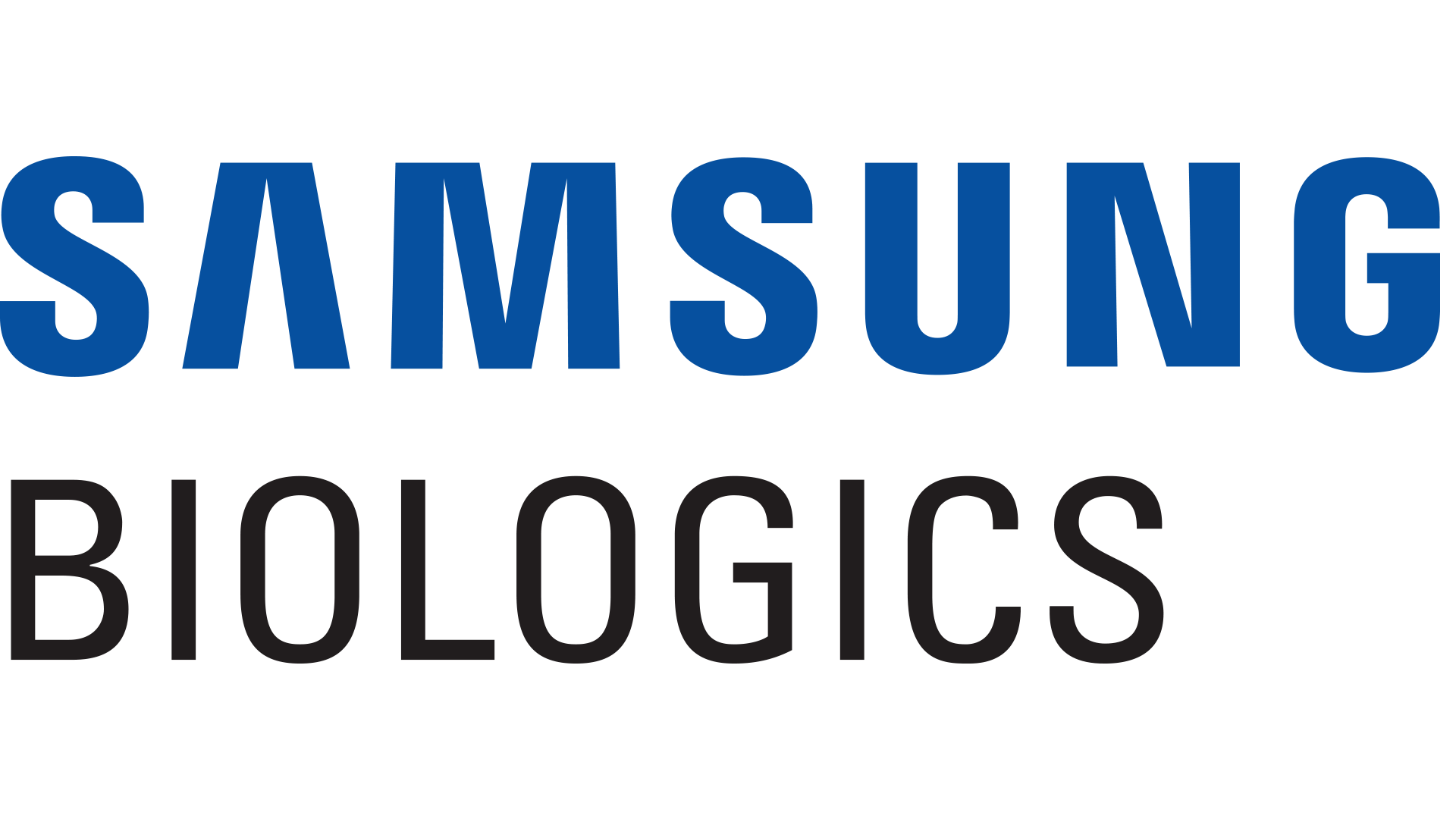Climate change is impacting our everyday life on earth with increasing weather disasters becoming far more frequent and intense. In California, over 8,100+ wildfires in 2020 alone contributed to the burning of nearly 4.5 million acres of land. Most recently in South Korea, cities experienced the heaviest rainfall in decades that left several dead and displaced hundreds. These extreme conditions are already undermining access to healthcare in at-risk populations, increasing hospital admissions, and exacerbating the incidence of diseases and death. Currently, over 9 million global deaths are attributable to air pollution and over 5 million deaths are associated with non-optimal temperatures. All these events show that our health entirely depends on the climate.
As purveyors of health, the healthcare industry must step up. Healthcare is responsible for about 4-5% of total global emissions, the equivalent of the 5th highest emitting country in the world, with 50 million tons of CO2 coming from the pharma industry alone. While biopharma companies manufacture biologics that are necessary for improving the quality of life, their production is resource intensive and highly complex. As a result, biopharma companies and their CDMO partners also have trouble positioning themselves to make differentiated and meaningful contributions.
To help galvanize the pharma industry’s fight against climate change, Samsung Biologics is engaging in global ESG initiatives and mandating suppliers to comply with the company’s Supplier Code of Conduct. As more than half of healthcare’s CO2 emissions come from supply chains, Samsung Biologics has a responsibility to reduce ESG risks in its supply chain and establish a sustainable network of partners.
Alongside its work to eliminate carbon emissions from its own operations, the company is engaging its suppliers as part of a broader initiative convened by King Charles - the Sustainable Markets Initiative - to reduce their direct emissions and identify carbon removal options with the goal of reaching net zero in its supply chain.
In this webinar, you will gain insight into how the world’s largest CDMO is taking collaborative and strategic approaches towards addressing ESG risks in its operations to create a greener future for all.
Key Learning Objectives
- Learn why should the healthcare industry to be more proactive in addressing climate change
- Learn about the challenges and opportunities global CDMOs face in terms of tackling climate challenges
- Learn how to establish both environmental and business sustainability in the manufacturing process
- Learn a number of green initiatives Samsung Biologics has taken to reduce its GHG emissions



